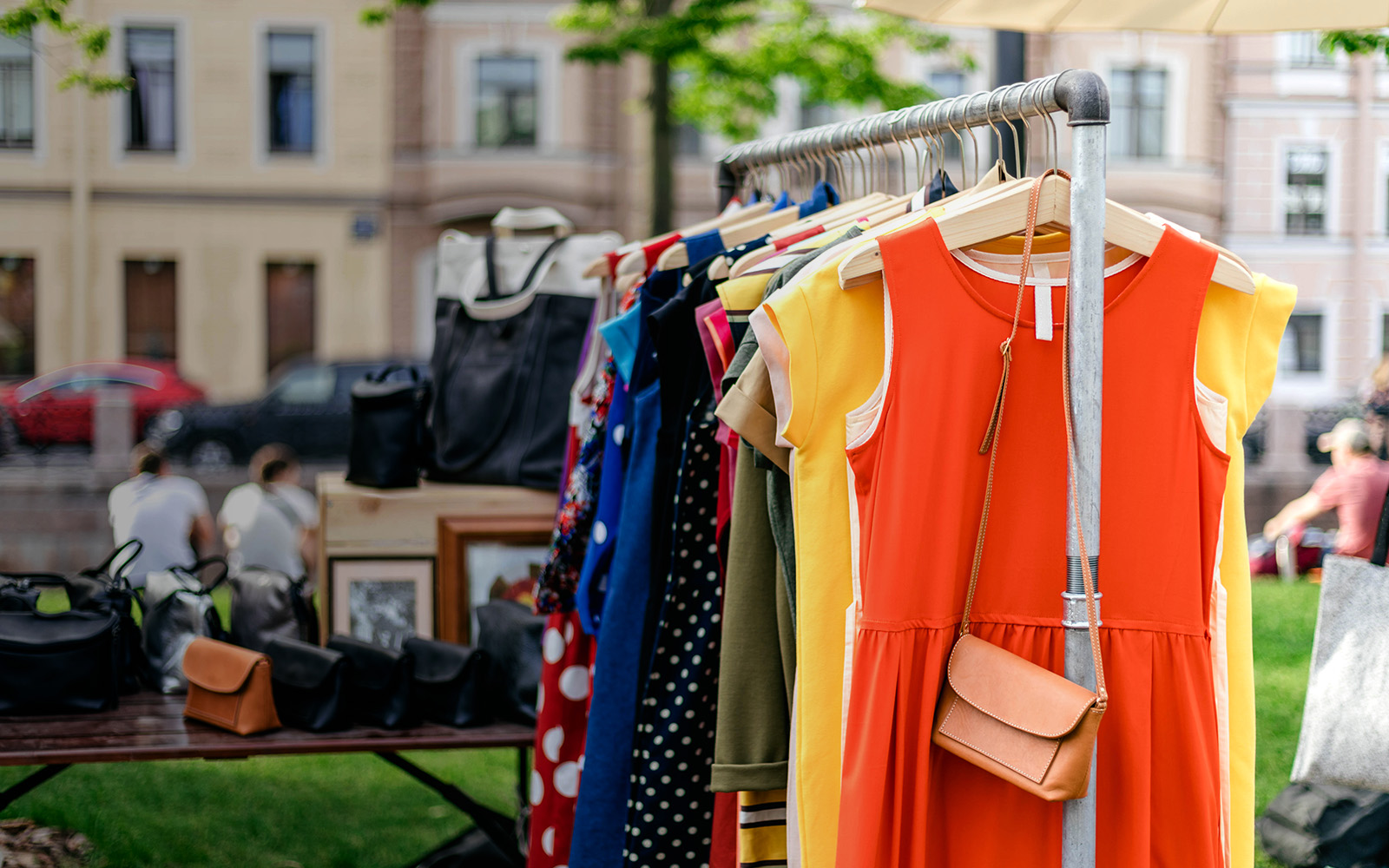We’re all familiar with recycling and it’s environmental benefits. It’s one of the three Rs of sustainability many of us learned in primary school, along with reduce and reuse. By most accounts, recycling is great and something you should certainly keep doing to support a greener future. But there aren’t many financial benefits to recycling.
On the other hand, reducing the number of things you consume most certainly has a direct impact on your budget. The less you buy, the less you spend, after all. Though some degree of consumer consumption is unavoidable for even the most frugal and resourceful among us. You need to eat, after all. And you’ll eventually run out of soap and need to replace your threadbare clothes.
That’s why for many personal finance professionals, reuse is the most exiting of the three R’s. It can serve much the same purpose as recycling, provide many of the same benefits of reducing, and provide for hours of fun and creative expression, too!
What is upcycling?
Typical reusing is straightforward: Instead of throwing something away (or preferably into the recycle bin) after it’s served its original purpose, you use it for something else. Take empty sauce jar for example. Once it’s empty, you could reuse it by filling it with something else — say, your very own homemade sauce. Both the environment and your budget benefit bit by bit.
Upcycling is related to reusing, but it takes a slightly different approach. Upcycling involves transforming an old or disused object that no longer serves its original intended purpose and creatively adapting it to something entirely new and unique. If this all seems a little bit abstract, here are some examples to get your creative juices flowing:
Bleach container flower pots
Imagine you’ve just used the last of your four-litre jug of bleach. Instead of throwing it in the recycle bin as you normally would, why not turn them into flower pots?
- Rinse the jug thoroughly
- Cut it in half (roughly where it begins to taper into a spout)
- Paint the jug or decorate it with colourful pieces of paper
- Add soil, seeds, and water
- Place in sunny areas in your home or around your back yard
Thinking of recycling the spout? Not so fast! A good funnel is always handy around the house or garage.
Worn out denim
There’s nothing worse than having to say goodbye to your favourite pair of jeans. But there might be a way to extend their life just a little longer if you’re willing to cut them up a little bit.
If you’re a fan of camping or backyard bonfires, you know sometimes a good sturdy quilt is essential. Why not keep all the family’s worn-out jeans and patch them together into the sturdiest and most durable outdoor blanket you could ever want? It will last forever, and unlike polyester or fleece blankets you won’t have to worry about errant embers.
Hand-me-downs and yard sales
This might not be the first thing that comes to mind when you think of upcycling, but there’s good reason to keep it with selling or re-gifting in mind. Too often we run out of a use for a thing long before it’s lived out its usable life. Perhaps you have clothes in the closet that no longer fit or simply aren’t your style anymore. Or maybe your children have outgrown their old toys, blankets, or crib.
Usually there’s no reason to throw these things away — especially when:
- You might have to re-purchase similar items in the future (as in the case of having another child)
- Someone might be willing to pay good money for your gently used furniture, clothing, household items, etc.
Often the most imaginative thing you can do for an item you no longer want is to put it in the hands of someone who will see it with a fresh set of eyes.
Everything is an investment
Consumer culture has taught us to treat almost everything we buy as a commodity. We spend money, we consume, we dispose, we repeat. This is great for the businesses that produce consumer goods because it means we must constantly return for more.
Investments are different than commodities. Rather than decreasing in value, they continue to pay off the longer we hold onto them. Upcycling forces us to look past the original sparkle and shine something had when we first purchased it to see a different, more innate value.
Depending on the situation that value can be the five dollars you’d save on an earthenware flower pot or the $100 you earn from selling an old leather jacket — or the priceless feeling of knowing you’re doing your part to preserve the environment for another generation. It all depends on the item and your imagination.
One thing is certain, though: The more you start looking at everyday items as an investment, the more resourceful you’ll become and the more you’ll start evaluating every purchase and every financial decision like a money manager.



